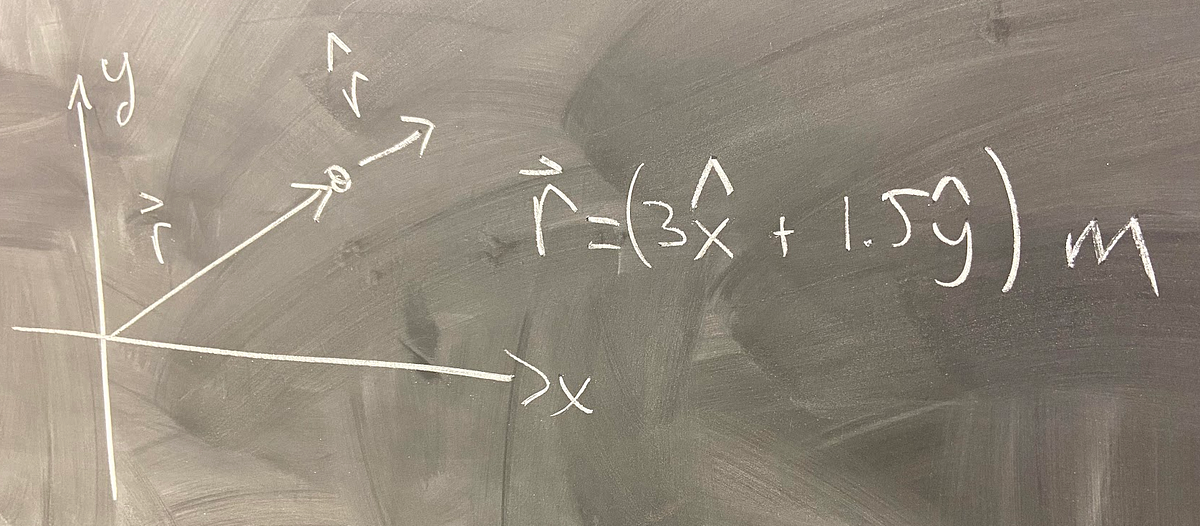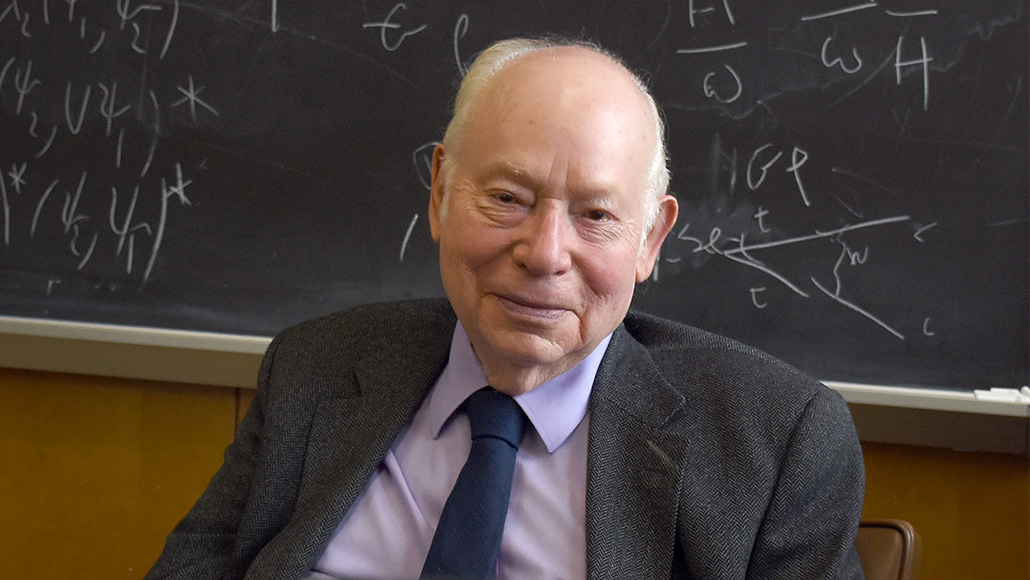
Why the words we use in physics obscure the true nature of reality
Simple words like "force" and "particle" can mislead us as to what reality is actually like. Physicist Matt Strassler unpacks how to see things more clearly
Growing up in the US during the oil embargo of the early 1970s, I was bombarded by public service announcements encouraging people to conserve energy. But at a very young age, I also read that “energy is always conserved”, according to physics. This baffled me. If nature automatically conserves energy, why would human efforts to do so be needed?
I soon realised that physicists don’t exactly speak English. They employ a dialect full of familiar-sounding terms with unfamiliar meanings (including “conserve” and “energy”). Worse still, many words, including simple ones like “force” and “mass”, don’t even signify what physicists originally intended. Consequently, the language we use to talk about physics obscures some of our most beautiful and fascinating discoveries about how the universe works.
Some scientists might shrug and say it is neither surprising nor problematic that the words aren’t completely clear. After all, the foundations of physics are experiment and mathematics. Those are what matter; words are inevitably mere shadows.





















